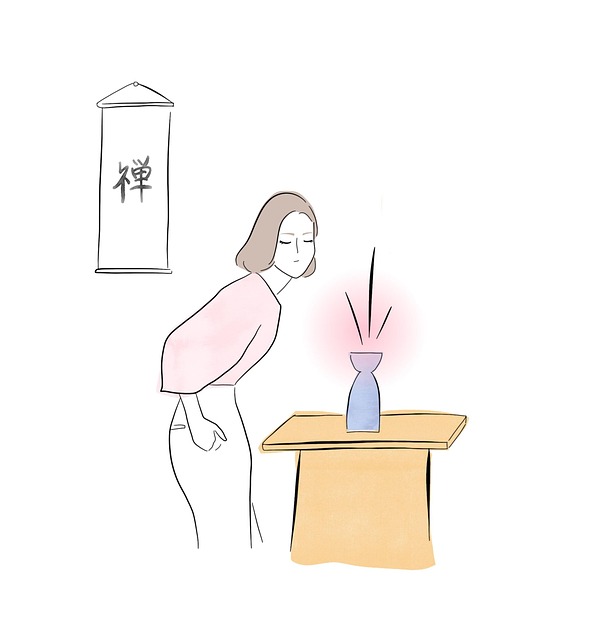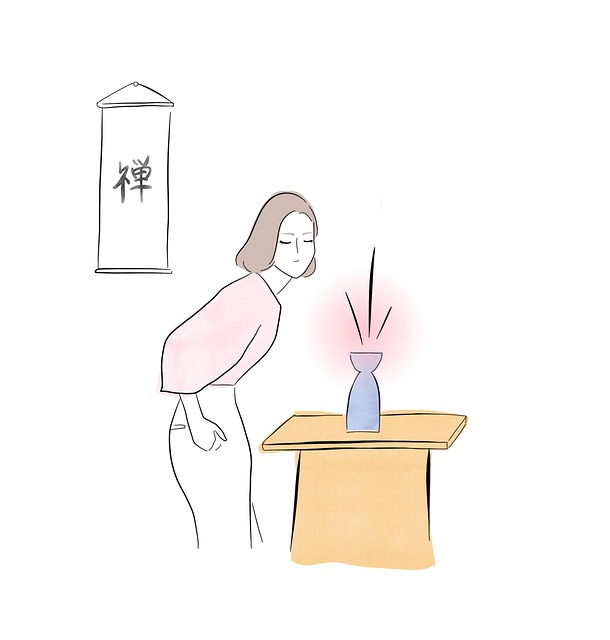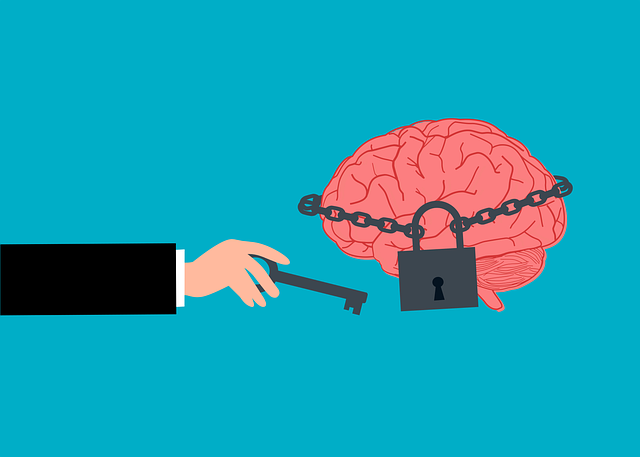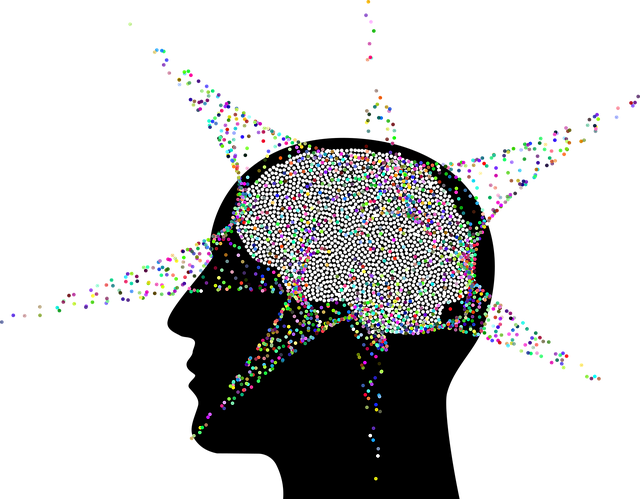Denver Sexual Abuse Survivor Therapy (DSAT) focuses on creating safe, nurturing environments for survivors through active listening, empathy, and open communication. Integrated journaling exercises, stress management techniques, and group facilitation build trust, connection, and empowerment while fostering long-term healing. Facilitators use structured activities, mindfulness practices, and regular check-ins to maintain accountability and prevent burnout among both survivors and mental health professionals. Community outreach initiatives enhance social connections, resilience building, and program sustainability, contributing to reduced risk of relapse or re-trauma.
In the realm of mental wellness, group facilitation plays a pivotal role in healing, especially for survivors of sexual abuse. This article explores effective techniques used in Denver Sexual Abuse Survivor Therapy, focusing on creating safe spaces and fostering trust within support groups. We delve into the dynamics that enable connection among survivors and present powerful facilitation methods to empower their mental wellness. Additionally, we highlight post-group strategies for long-term healing, emphasizing the significance of continuous support in the journey towards recovery.
- Understanding Denver Sexual Abuse Survivor Therapy: Creating Safe Spaces
- Group Dynamics: Building Trust and Connection Among Survivors
- Facilitation Techniques for Empowering Mental Wellness
- Supporting Long-Term Healing: Post-Group Follow-Up Strategies
Understanding Denver Sexual Abuse Survivor Therapy: Creating Safe Spaces

Creating safe spaces is a cornerstone of Denver Sexual Abuse Survivor Therapy (DSAT). It involves fostering an environment where individuals feel understood, non-judgmental, and empowered to share their experiences. Facilitators play a crucial role in establishing this sanctuary by employing active listening skills, validating emotions, and encouraging open communication. Through consistent and empathetic guidance, survivors can begin to cultivate inner strength and develop coping mechanisms that support their mental wellness.
The process often includes integrating mental wellness journaling exercises as a tool for self-reflection and processing. This allows individuals to articulate their feelings, identify triggers, and track progress over time. By combining these techniques with stress management strategies, DSAT empowers survivors to reclaim their lives, break free from the cycle of trauma, and move towards healing and personal growth.
Group Dynamics: Building Trust and Connection Among Survivors

In a supportive environment like Denver Sexual Abuse Survivor Therapy, group facilitation plays a pivotal role in healing. Group dynamics offer a unique opportunity for survivors to build trust and connection among themselves. Through shared experiences and open discussions, members can foster a sense of belonging and mutual understanding. This is particularly crucial for sexual abuse survivors, who often struggle with feelings of isolation and shame.
Effective group facilitation techniques, including structured activities and guided exercises, can enhance these dynamics. For instance, self-awareness exercises encourage participants to explore their emotions and experiences safely. Moreover, facilitators should integrate risk assessment strategies for mental health professionals to ensure the well-being of all involved. By prioritizing burnout prevention and maintaining a safe space, group therapy sessions become powerful tools for healing and personal growth.
Facilitation Techniques for Empowering Mental Wellness

In facilitating mental wellness groups, particularly for Denver Sexual Abuse Survivor Therapy, impactful techniques are crucial to create a safe and supportive environment. One effective approach is employing active listening skills to foster open communication. By encouraging participants to share their experiences and emotions without judgment, facilitators can build trust and promote vulnerability, which are essential for healing. This creates a sense of community among survivors, allowing them to learn from one another’s journeys, fostering empowerment.
Additionally, incorporating structured activities and exercises tailored to address anxiety relief and burnout prevention strategies for healthcare providers can be beneficial. These activities might include mindfulness practices, stress-reduction techniques, or creative outlets that help participants manage their mental health. Facilitators play a vital role in guiding these sessions, ensuring everyone feels comfortable engaging in self-care practices, ultimately enhancing the group’s overall well-being and resilience.
Supporting Long-Term Healing: Post-Group Follow-Up Strategies

After participating in a mental wellness group, fostering long-term healing is essential for individuals like Denver Sexual Abuse Survivor Therapy clients. Facilitators can support participants’ ongoing recovery through various post-group strategies. One effective approach is maintaining open lines of communication, offering regular check-ins to ensure individuals stay on track with their personal goals and coping mechanisms. These check-ins can be done via phone calls, video chats, or in-person meetings, creating a safe space for continued support and accountability.
Additionally, incorporating burnout prevention strategies for healthcare providers involved in the group can enhance the overall sustainability of the program. This might include implementing community outreach program implementation initiatives that encourage participants to stay engaged within their communities, fostering social connections and resilience building. Such efforts contribute to individuals’ long-term mental wellness and reduce the risk of relapse or re-trauma.
Denver Sexual Abuse Survivor Therapy (DSAT) group facilitation techniques focus on creating safe, supportive environments to foster trust and connection among survivors. By employing strategies that empower mental wellness, facilitators enable participants to heal and grow. Post-group follow-up is crucial for long-term healing, ensuring the benefits of the therapy continue beyond the initial sessions. These comprehensive approaches not only support individual recovery but also contribute to a more resilient community.











